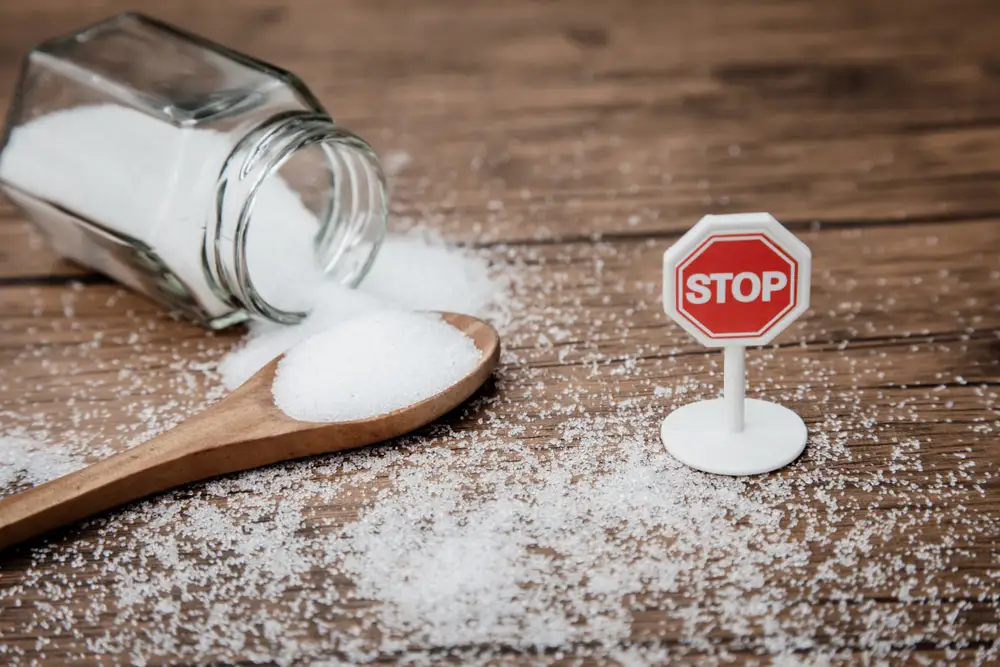Do you experience extreme fatigue, headaches, dizziness or shortness of breath? Does your skin look ashen or dull lately? Believe it or not, these symptoms may indicate iron deficiency anemia, and the best way to find out is to book an appointment with your GP.
What Is Iron Deficiency Anemia?
Iron deficiency anemia is a condition caused by low iron in blood. If you have an iron deficiency, the red blood cells in your blood lack a sufficient amount of haemoglobin, a substance which is crucial for carrying oxygen to your body’s tissues. Iron is important for producing energy, optimal immune function, and storing oxygen in our muscles.
Iron Deficiency Anemia Causes: What Causes Anemia?
Iron deficiency anemia typically occurs as a result of insufficient iron intake. People who are at the most risk of developing iron deficiency include children, teenagers (especially girls), females of menstruating age, pregnant women and breastfeeding women.
Iron deficiency anemia causes include:
- You are not consuming enough iron-rich foods
If your diet is lacking in iron-heavy foods such as red meat and iron-rich vegetables, your body may not receive adequate iron. The human body needs a consistent, steady supply of iron each day to function healthily as it cannot produce this vital nutrient on its own.
There are two types of iron that we can get from foods:
Iron from animal sources is known as haem iron
Iron from plant-based sources is called as non-haem iron.
Haem iron foods include:
Livers and organ meats: beef or chicken liver
Red meat: cooked beef,
Pork
Poultry: cooked chicken, cooked turkey, ham and veal
Seafood: fish, salmon, clams, oysters and mussels
Non-haem iron foods include:
Dark green leafy vegetables, such as spinach, kale, silverbeet, broccoli and peas
Eggs
Beans, lentils, chickpeas, peas and soybeans
Dried fruit, such as raisins and apricots
Iron-fortified grains, for example, whole wheat, brown rice and fortified breakfast cereals
Tofu
Seeds and grains: pumpkin seeds, quinoa
Dark chocolate
Your body absorbs more iron from meat than it does from other sources. If you are a vegetarian or vegan, you may need to increase your intake of iron-rich, plant-based foods to achieve a healthy intake of iron.
- Your body has trouble absorbing iron
Since iron in food is absorbed through your stomach and bowel, certain disorders that affect the intestines can interfere with your body’s capacity to absorb iron. For example, celiac disease or stomach surgery may limit the amount of iron your body can absorb.
- You have internal bleeding
Medical conditions, such as stomach ulcers, colon or intestine polyps and colon cancer, can indirectly cause iron deficiency anemia. If you regularly use pain relievers such as aspirin, this can also create bleeding in the stomach.
Low Iron Levels Symptoms
Iron deficiency is extremely common. However, it’s important to discuss this with your doctor and seek treatment to avoid future complications.
The signs and symptoms of anemia can be mild at first, and many people may not realise they have mild anemia until the results show up in a routine blood test.
Common signs of being anemic include:
Easy fatigue and loss of energy
Rapid or irregular heartbeat, particularly with exercise
Weakness
Shortness of breath and headache
Pale skin
Dizziness
Strange cravings to eat items that are not food, such as dirt, ice or clay
Tingling or crawling feelings in the legs
Cold hands and feet
Brittle nails
Low Iron In Women
In addition to the typical reasons, low iron in women can also occur due to:
Pregnancy – Heavy blood loss during childbirth can cause iron deficiency.
Menstruation – Women who experience a heavy loss of blood during menstruation are at greater risk of iron deficiency anemia.
Endometriosis – A woman who has been diagnosed with endometriosis may experience iron deficiency due to internal blood loss in the abdominal or pelvic area.
Anemia In Children
Iron is essential for childhood growth spurts and development. Infants, especially infants who were born prematurely or who do not obtain enough iron from breast milk or formula, are at a higher risk of developing iron deficiency. As a result, young children and teenagers may need to consume a greater amount of iron-rich foods.
Iron Deficiency Anemia Treatment
It is essential to have your doctor perform an anaemia test to determine whether you have iron deficiency anemia. If your GP suspects that you may be bleeding internally, they may recommend additional tests or treatments for iron deficiency anemia.
If your doctor confirms that you do have an iron deficiency, they will likely recommend the following:
Over the counter iron supplements
Vitamins for iron deficiency
A diet rich in iron, with foods or drinks that contain vitamin C to enhance iron absorption
How Long Before Iron Supplements Take Effect?
Generally, it will take approximately two to three weeks of taking regular iron supplements before your symptoms start to improve. To prevent your anemia from returning, you may need to take iron for several months to build up your iron reserves.
How Much Iron Do I Need Each Day?
Babies younger than 6 months
Recommended daily intake: 0.27 milligrams per day
Babies older than 6 months
Recommended daily intake: 11 milligrams per day
Children aged between 1-3 years old
Recommended daily intake: 9 milligrams per day
Children aged between 4-8 years old
Recommended daily intake: 10 milligrams per day
Girls aged between 9-13 years old
Recommended daily intake: 8 milligrams per day
Boys aged between 9-13 years old
Recommended daily intake: 8 milligrams per day
Girls aged between 14-18 years old
Recommended daily intake: 15 milligrams per day
Boys aged between 14-18 years old
Recommended daily intake: 11 milligrams per day
Women aged between 19-50 years old
Recommended daily intake: 18 milligrams per day
Pregnant women
Recommended daily intake: 27 milligrams per day
Men aged above 19 years old
Recommended daily intake: 8 milligrams per day
Women aged above 50 years old
Recommended daily intake: 8 milligrams per day
For more advice and treatment options, visit our state of the art clinics today or contact us on (07) 3711 2880.
What Causes Mouth Ulcers? How To Treat & Prevent Them Effectively
Mouth ulcers are a common oral condition that affect most people at some point in their lives. They can be uncomfortable, but they are usually harmless and will heal within 10 to 14 days without treatment. Here’s everything you need to know about mouth ulcers, including what they are, what causes them, the best treatments,…
Acute Vs Chronic Medical Conditions
No matter how old or young you are, we are all susceptible to acute and chronic medical conditions. Both conditions differ in how long they last and how severe the diagnosis is. An illness or condition can be as simple as the flu, or in a more severe case cancer or arthritis. Whether it is…
How Much Sugar Per Day?
Sugar is a type of carbohydrate and a source of energy for our bodies. It can occur naturally in foods like fructose in fruit, glucose in fruits and vegetables, and maltose in wheat and barley. However, manufacturers also often add sugar to extend the shelf life of foods, improve their appearance and/or make them taste…




